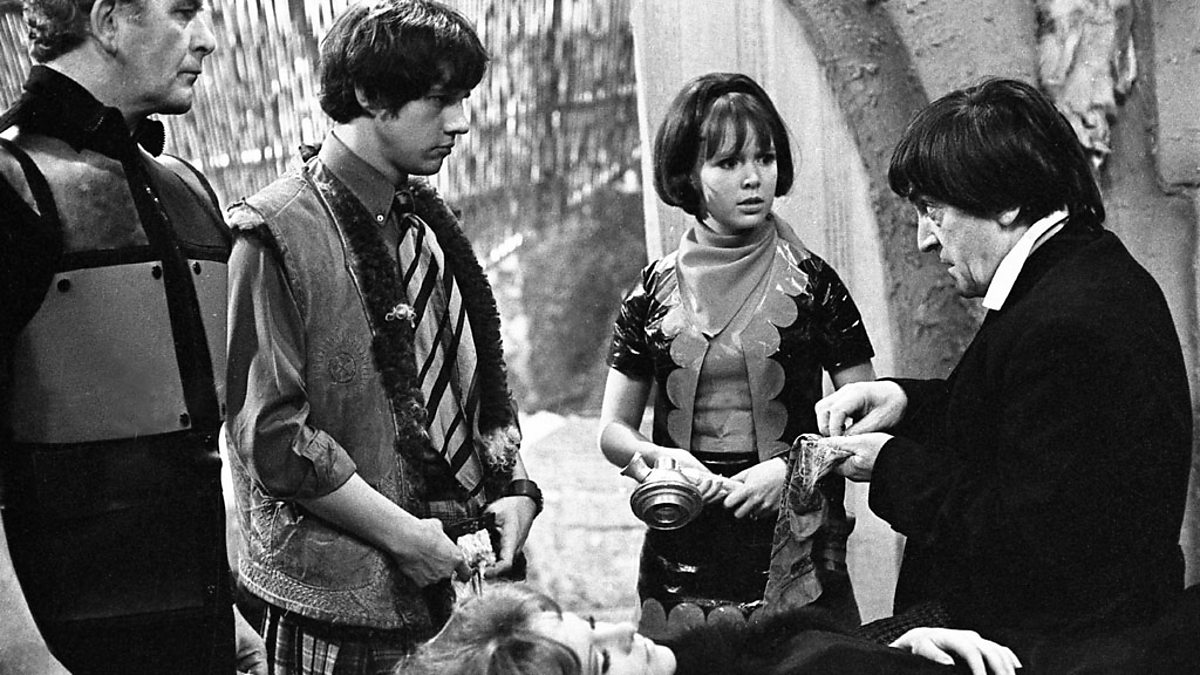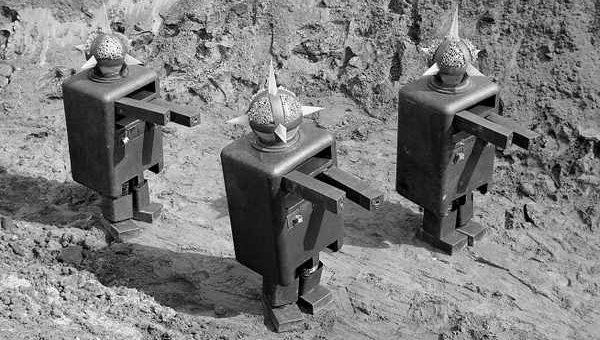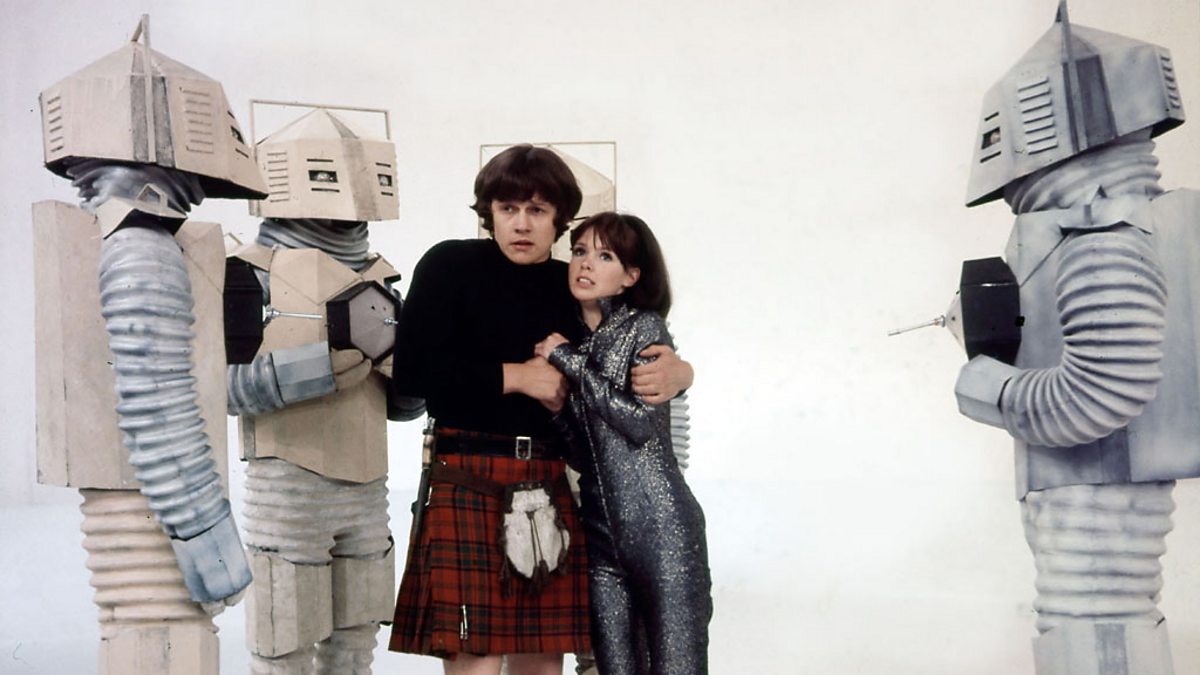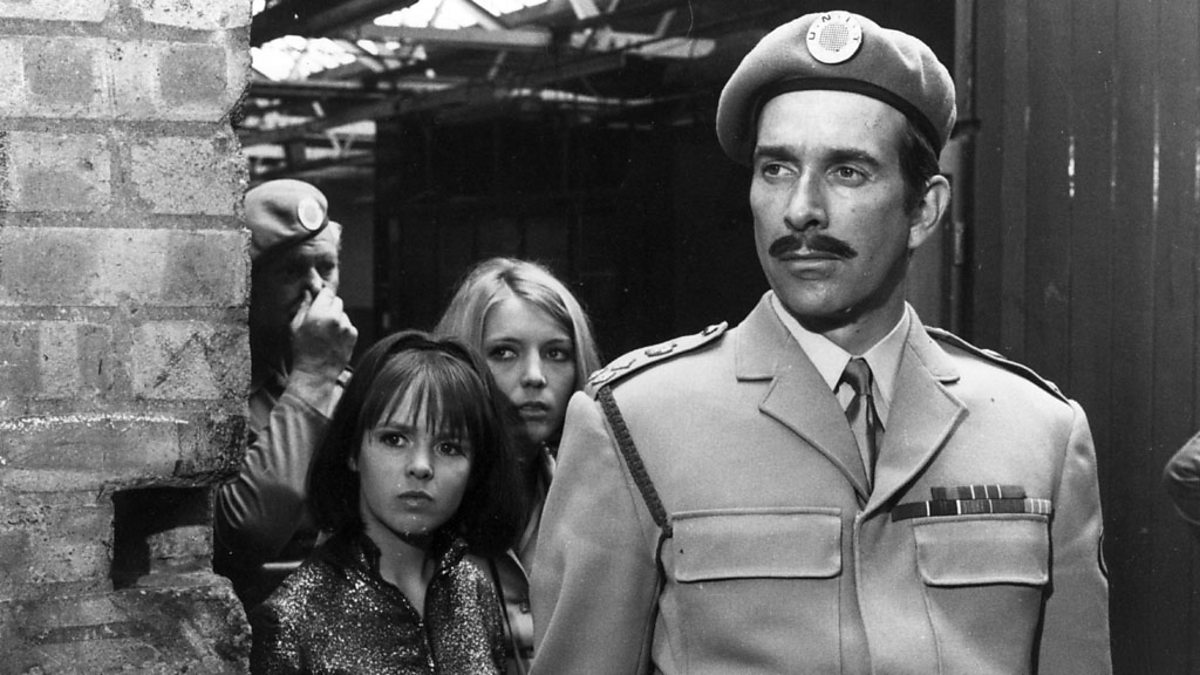Doctor Who Season Six is one of the longest in the series’ history, and was the last to feature Patrick Troughton as the eponymous Time Lord.

Doctor Who Season Six was broadcast between August 1968 and June 1969 and ran for a dizzying 44 episodes. It’s not quite the longest Doctor Who season of all time, though; Doctor Who Season Three pips it to the post by one episode.
Nonetheless, this was a punishing production schedule which required the main actors – Patrick Troughton, Frazer Hines and Wendy Padbury – to be rehearsing and recording on a weekly basis, and it was clear that such a regime would not be sustainable in the long term. Indeed, this may have been one of the reasons why Patrick Troughton decided to relinquish the role at the end of its run.
Doctor Who Season Six was also tough to produce from a scriptwriting point of view. The team had chosen to make longer serials (presumably from a budgetary point of view, as longer stories were cheaper) and the season’s opening adventure ‘The Dominators’ was meant to be told over six episodes.

But it soon became clear that Meryvyn Haisman and Henry Lincoln’s story could not be stretched over this many episodes, and the story had to be cut down to five. Unfortunately, this left a gap in the schedule; the following story ‘The Mind Robber’ was intended as a four-parter, and the writers knew that even if they tacked an extra episode onto it, they wouldn’t have the money to build new sets or pay any other actors beyond the series’ regulars.
However, great ideas are often borne out of a crisis, and it could be argued that the first episode of ‘The Mind Robber’ (being set almost entirely within the TARDIS, and a vacuous void) works because of its restrictions, not in spite of them. The travellers find themselves trapped in a strange alternate reality which plays tricks on their minds and, in a shocking cliffhanger, the TARDIS is ripped apart by a violent explosion. In short, the first episode of ‘The Mind Robber’ – while hurriedly written – is creepy, dramatic and mysterious, and sets up the rest of the story brilliantly.

In fact, this is something of a running theme with Doctor Who Season Six. Problems were arising on a regular basis, and the production team was frequently having to find creative solutions to deal with them. For example, during production of ‘The Mind Robber’ the actor Frazer Hines developed chicken pox and couldn’t make the recording of episode two. But because ‘The Mind Robber’ was set within the world of fiction, the writers were able to get around this problem by having the Doctor re-arrange Jamie’s face, only to get it wrong, meaning that Frazer Hines could be replaced with actor Hamish Wilson for a week.
Another issue facing Doctor Who Season Six was the mammoth ten week gap at the end of the run. Doctor Who Season Six’s script editor Terrance Dicks hadn’t been able to find any writers to cover it, and therefore chose to tackle it himself with fellow writer Malcolm Hulke. Thus, the pair gave the Second Doctor an epic send-off in one of the longest Doctor Who stories of all time – ‘The War Games.’
And at the time, it looked as if this would be the final Doctor Who story ever made. With dwindling viewing figures, the lead actor departing and the BBC no longer having the rights to the Daleks, the BBC was looking for new shows to replace Doctor Who. There was a real possibility that Doctor Who Season Six would be its last.
And certainly, there is an air of finality in ‘The War Games,’ particularly in episode 10 which takes the bold step of explaining the Doctor’s origins, finally giving an answer (to some degree) to the oldest question in the universe: “Doctor who?” The story takes viewers to the Doctor’s home planet and reveals that he is in fact a Time Lord; he fled from his people because he was bored of the Time Lords’ strict laws of non-interference in the affairs of other planets, and the Doctor wanted to see the universe. So he stole the TARDIS and escaped.
In this respect, Doctor Who Season Six served two functions. It finally gave some answers about the Doctor’s identity – neatly wrapping the series up, if indeed it was to be cancelled – whilst also paving the way for a possible Season Seven. At the end of ‘The War Games,’ the Second Doctor is sentenced to death by the Time Lords, and exiled to Earth in the 20th century. And in its closing moments, he begins his regeneration.
Thankfully, by this point in the production of Doctor Who Season Six, the team already knew that the show would be returning with Jon Pertwee at the helm. And the exile to Earth gave them the perfect way to lower the series’ budget, as they wouldn’t have to construct spaceships and alien planets on a weekly basis. They could simply film on the streets.
As such, Doctor Who Season Six is one of the most important in the series’ history. It provided much of the groundwork for Doctor Who‘s ongoing success; the third story (‘The Invasion’) even introduced the United Nations Intelligence Taskforce, or UNIT – the military organisation which would become integral to the Third Doctor’s era, and to many future stories. It also established the ever-popular character of the Brigadier as its leader, who had been introduced as a colonel in the previous year’s ‘The Web of Fear.’

Furthermore, Doctor Who Season Six cemented the concept of regeneration and ably demonstrated that the series could survive the departure of the lead actor; the transition from William Hartnell to Patrick Troughton hadn’t just been a fluke.
And whilst the viewing figures did dwindle towards the end of Doctor Who Season Six (with just 3.5 million tuning in for the eighth episode of ‘The War Games’) it is a miracle that all 44 of its episodes made it onto the screen, considering the plethora of problems faced by the production team. Furthermore, the series was about to find a whole new lease of life with Jon Pertwee as its leader, and his debut story ‘Spearhead from Space’ would double its viewing figures.
So which is your favourite story from Doctor Who Season Six? And how do you feel about the longer Doctor Who serials? Let me know in the comments below.
Shop on Amazon
Latest posts
- Why is Heaven Sent such a popular Doctor Who episode?
- The top 5 most random Doctor Who moments
- Doctor Who Contest
- Doctor Who: Top 5 sonic screwdriver moments
- Doctor Who stories: Which Doctor has racked up the most deaths?









I absolutely love The Invasion and The War Games from season six.
Stuck between The Mind Robber and The War Games. Good article, I was not aware of its problems as a sea
son